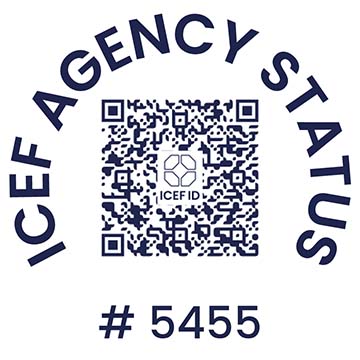Studying in Australia
Why Study in Australia?
Australia is renowned for its high-quality education system, diverse culture, and vibrant student life. Here are some compelling reasons why studying in Australia could be the right choice for you:
- World-Class Education: Australia is home to several world-renowned universities and educational institutions. Institutions like the University of Sydney, University of Melbourne, and Australian National University consistently rank among the top universities globally, ensuring that you receive a high-quality education.
- Innovative Teaching Australian universities are known for their innovative teaching methods and cutting-edge research facilities. You'll have access to state-of-the-art technology and resources, allowing you to gain hands-on experience in your field of study.
- Cultural Diversity: Australia is a melting pot of cultures, offering a rich and diverse experience. You'll meet people from all over the world, which enhances your global perspective and prepares you for an international career.
- Work Opportunities: International students in Australia can work part-time during their studies and full-time during breaks. This allows you to gain valuable work experience and earn extra income to support your education.
- Beautiful Environment: From stunning beaches to vibrant cities and beautiful landscapes, Australia offers an attractive environment for students. Whether you enjoy outdoor adventures or city life, Australia has something for everyone.
- Safe and Welcoming: Australia is known for its high standard of living and safety. The welcoming nature of its people and the support services available for international students ensure a smooth and enjoyable study experience.
Australian Education System
The Australian education system is well-structured and designed to offer a comprehensive learning experience. Here's an overview of what you can expect:
-
Higher Education Levels:
- Undergraduate Degrees: Typically take 3-4 years to complete, leading to a Bachelor’s degree. Some courses may include honours programs.
- Postgraduate Degrees: Include Master’s programs (1-2 years) and Doctoral programs (3-4 years). These programs offer specialized knowledge and research opportunities.
- Vocational Education and Training (VET): VET institutions provide practical training and qualifications in various fields. These programs are designed to enhance employability and offer diplomas and certificates.
- Quality Assurance: The Australian Quality Framework (AQF) ensures that all educational institutions adhere to high standards. This framework guarantees that qualifications and courses meet international benchmarks.
- Flexible Learning: Australian universities offer flexible study options, including online courses and part-time study, allowing you to balance your education with other commitments.
- Support Services Institutions provide a range of support services, including academic assistance, career counseling, and personal support to help you succeed both academically and personally.








